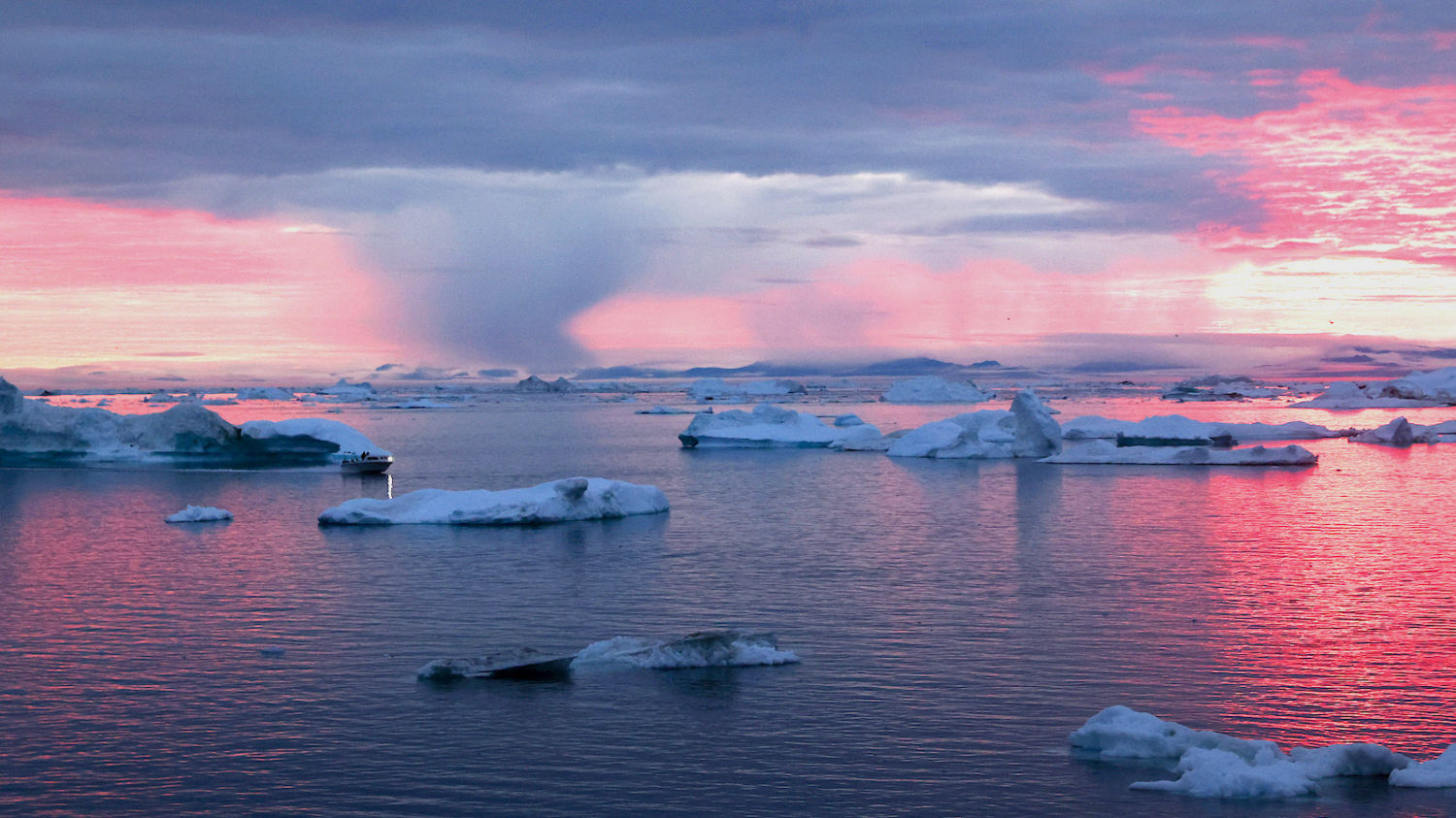Environment & Energy
Related: About this forumRain Comes to the Arctic, With a Cascade of Troubling Changes

https://e360.yale.edu/features/arctic-rainfall-climate-change
(TLSR: Too Long Should Read)
When Harper and his colleagues closely examined the measurements they’d collected from sensors on the ice sheet those many years ago, they were astonished. Not only had it rained, but it had rained for four days as the air temperature rose by 30 degrees C (54 degrees F), close to and above the freezing point. It had warmed the summit’s firn layer — snow that is in transition to becoming ice — by between 11 and 42 degrees F (6 and 23 degrees C). The rainwater and surface melt that followed penetrated the firn by as much as 20 feet before refreezing, creating a barrier that would alter the flow of meltwater the following year.
Think. Again.
(18,653 posts)...climate change will be bringing about changes in everyaspect of our ecological environment.
When one natural anomoly occurs, it has a cascading effect on multiple other parts of the collective natural world, and each of those effected parts in turn effect multiple other parts.
Any active system that is comprised of multiple interacting parts can only sustain so many changes in it's parts before the entire system simply collapses.
There's a reason so many scientists are now referring to what we have created as "climate chaos" rather than "climate change".
Thanks for posting this, Brenda.
Brenda
(1,354 posts)Hi TA!
More people need to understand we are part of a food web not just a food chain. The web is global and eventually touches everyone.
Think. Again.
(18,653 posts)cachukis
(2,724 posts)Think. Again.
(18,653 posts)...and now all we can do is hunker down and hope we survive riding it out.
cachukis
(2,724 posts)lady, when I was in Africa, who had recently been in Nigeria. She, an American, was struck not so much by the poverty, she has been around, but by the fact she had money and a credit card and would be able to buy food.
Our conversation was how the strata of wealth would be a determinant in the future. The poor, a strain today, will be amplified by our bad choices tomorrow.